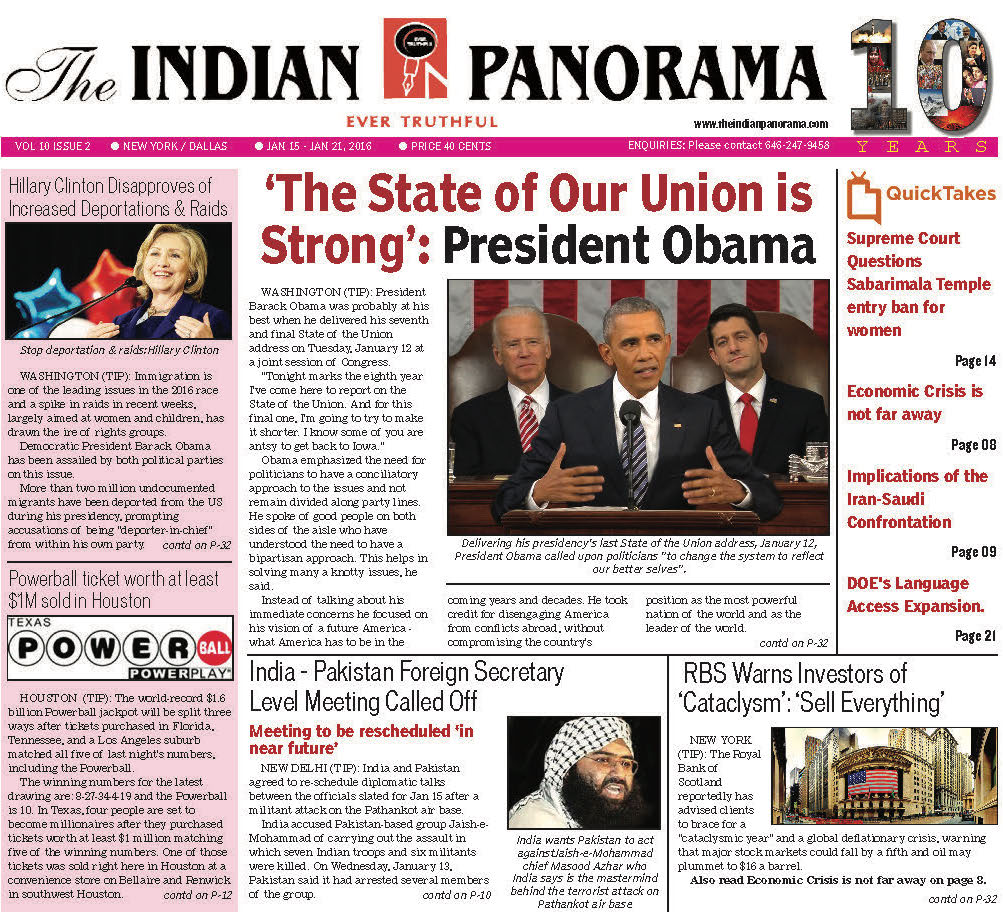
DALLAS (TIP): The North Texas economy has grown at “moderately strong pace” this year through October and is outperforming the state, according to a new report from the Federal Reserve Bank of Dallas. The Dallas-Fort Worth Economic Indicators provides a variety of economic data and analysis about the region. The Dallas Fed said it will release the report on the third Thursday of each month. Dallas Fed spokesman Alexander Johnson said the new report is in keeping with the bank’s role in monitoring the regional economy, conducting regional research “vital to the nation’s monetary policy process” and releasing information for public use.
“We felt we needed to enhance our monitoring of the Dallas-Fort Worth economy because of its growing importance to our region,” he added. Here are some highlights of the report: * EMPLOYMENT: Dallas-Fort Worth employment has grown 2.9 percent, faster that the Texas growth rate of 2.4 percent. Job growth continues to be across many different industry groups, but led by: construction and oil and gas, professional and business services; and financial services. * UNEMPLOYMENT: The October unemployment rate was 6 percent in Fort Worth and 6.1 percent in Dallas. Both were lower than the Texas rate of 6.2 percent and the U.S. rate of 7.3 percent that month.
* HOME PRICES: Home prices continue to rise as inventories fall. In October, the median price of a home in Dallas was $196,004 and $136,380 in Fort Worth. Dallas-Fort Worth prices surpassed their 2007 peak in April and were up an annualized 10.2 percent as of August, according to the S&P Case-Shiller index. The average U.S. home price is rising at a faster pace – as some hard-hit states catch up – but remains below the pre-recession peak. * INDUSTRIAL AVAILABILITY: Industrial real estate availability rates fell to 10.1 in Fort Worth and 12.7 in Dallas in the second quarter as distribution and logistics companies have increased the demand for space.
Rental rates have been increasing in the Dallas-Fort Worth area, which is a major trade and distribution hub. * BUSINESS CYCLE INDEX: The Dallas and Fort Worth indices each rose at a 5 percent pace, slightly slower than a year earlier but faster than the state. The indices include employment, the unemployment rate, inflation-adjusted real wages and inflation-adjusted retail sales.





Be the first to comment